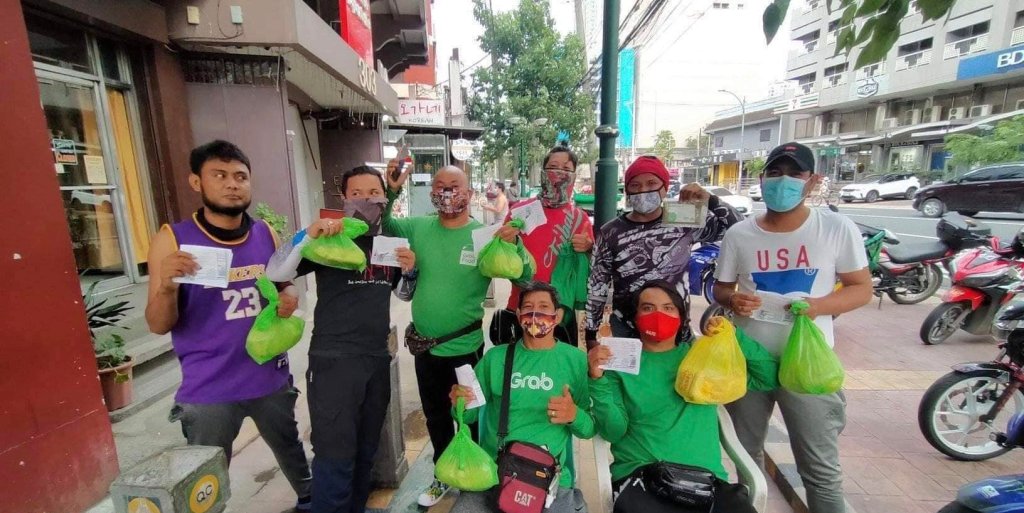In a bid to ease the impact of the COVID-19 virus, East Zone concessionaire Manila Water constructed a molecular laboratory for SARS-CoV-2 wastewater surveillance.
Manila Water Laboratory Services Head Joy De Vera said the facility, built in coordination with government partners and local government units, will be completed before the end of March and will be ready to operate by June 2022.
De Vera said the facility is expected to expand Manila Water Laboratory Services’ capacity to detect SARS-CoV-2 virus in its wastewater treatment systems and generate data for public health use.
“The project is part of the company’s COVID-19 response and is aimed to detect and quantify the SARS-COV-2 in wastewater using polymerase chain reaction (PCR) machines that are efficient in amplifying small segments of DNA or RNA,” De Vera explained. “These data will be complementary to the current clinical testing and reports of confirmed positive cases.”.
Meanwhile, Manila Water Research & Development Head Emmanuel Jimenez underscored the key benefits of this project to communities. “Through this facility, they will have access to the game-changing technique and technology in tracking local outbreaks of COVID-19 or what is called ’wastewater-based epidemiology’ (WBE). Also, data to be generated in this molecular lab can help communities formulate actions in mitigating COVID-19 in its early stages of emergence or re-emergence as WBE can detect the virus even before people show symptoms,” Jimenez said. He also added that since wastewater sample contains waste from numerous individuals, the community will have access to a cost- and time-efficient screening approach to determine the level of infection not only of COVID-19 but other possible emerging and future threats.
Manila Water affirms that the new facility will support the current efforts of the different local government units to address this pandemic. Operating the molecular laboratory also allows the company to provide services beyond its regular wastewater treatment and operations. #(MWC Corporate Communications)




































You must be logged in to post a comment.